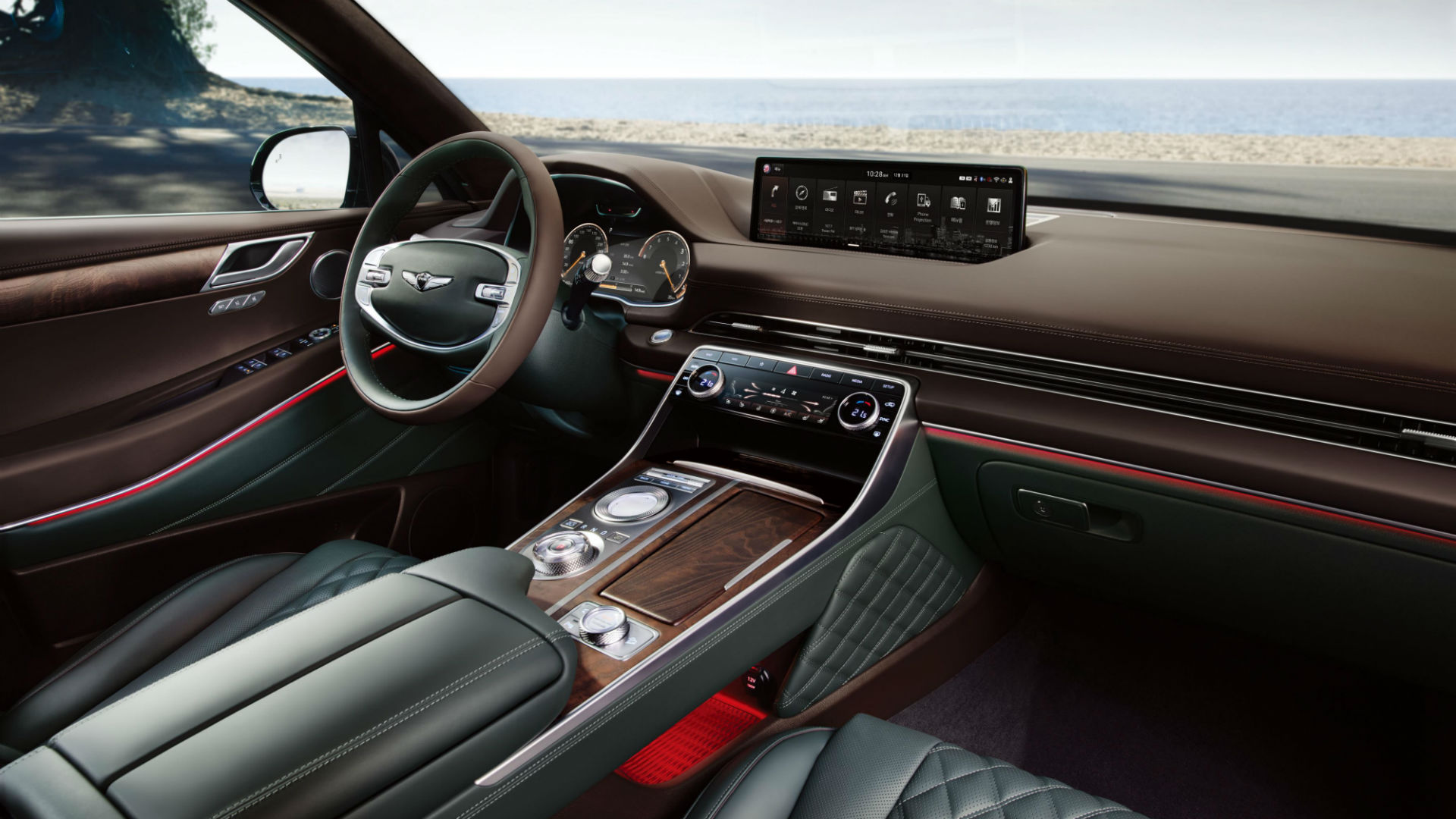
Car cabins of the future could be quieter places thanks to new technology developed by Harman.
The company claims its Road-Noise Active Noise Control (RANC) system reduces cabin noise by cancelling out unwanted sounds. The tyres and road surfaces are the primary sources of unwanted noise in a car.
Harman says it’s important to distinguish between sound and noise. Sound has an essential role to play, it claims, as a key influencer in customers’ purchasing decisions. On the other hand, noise is a nuisance – too much of it can ruin a driving experience.
The company points to research that suggests road noise is the biggest auditory distraction for drivers.
RANC attempts to solve that. A control processor uses a reference signal received from acceleration sensors placed along the suspension and chassis. It predicts noise transferred into the cabin and generates an anti-noise wave in real-time.
By analysing the intruding noise, it launches the anti-noise within milliseconds, before it has a chance to reach the occupants’ ears. In theory, this means unwanted noise is reduced by up to 50 percent.
Good sounds in the Genesis – that’s all

Sounds impressive. Just how impressive it is will be revealed to owners of the new Genesis GV80. The Korean luxury SUV is the first production car to feature the technology.
The GV80 made its debut at the Seoul Motor Show last month. It features a 14.5-inch split-screen infotainment system, a reduced number of buttons and switches, along with what Genesis calls a ‘luxury in space’ approach. SangYup Lee, head of Genesis design, said: “The concept of the ‘beauty of white space’ is a hallmark of Korean design”.
In another world-first, the Genesis GV80 features an active motion driver’s seat that contains seven air cells. Genesis says it is designed to reduce fatigue from long hours of driving.
You can expect the Harman RANC sound technology to filter down into other Genesis, Hyundai and Kia models in the future.